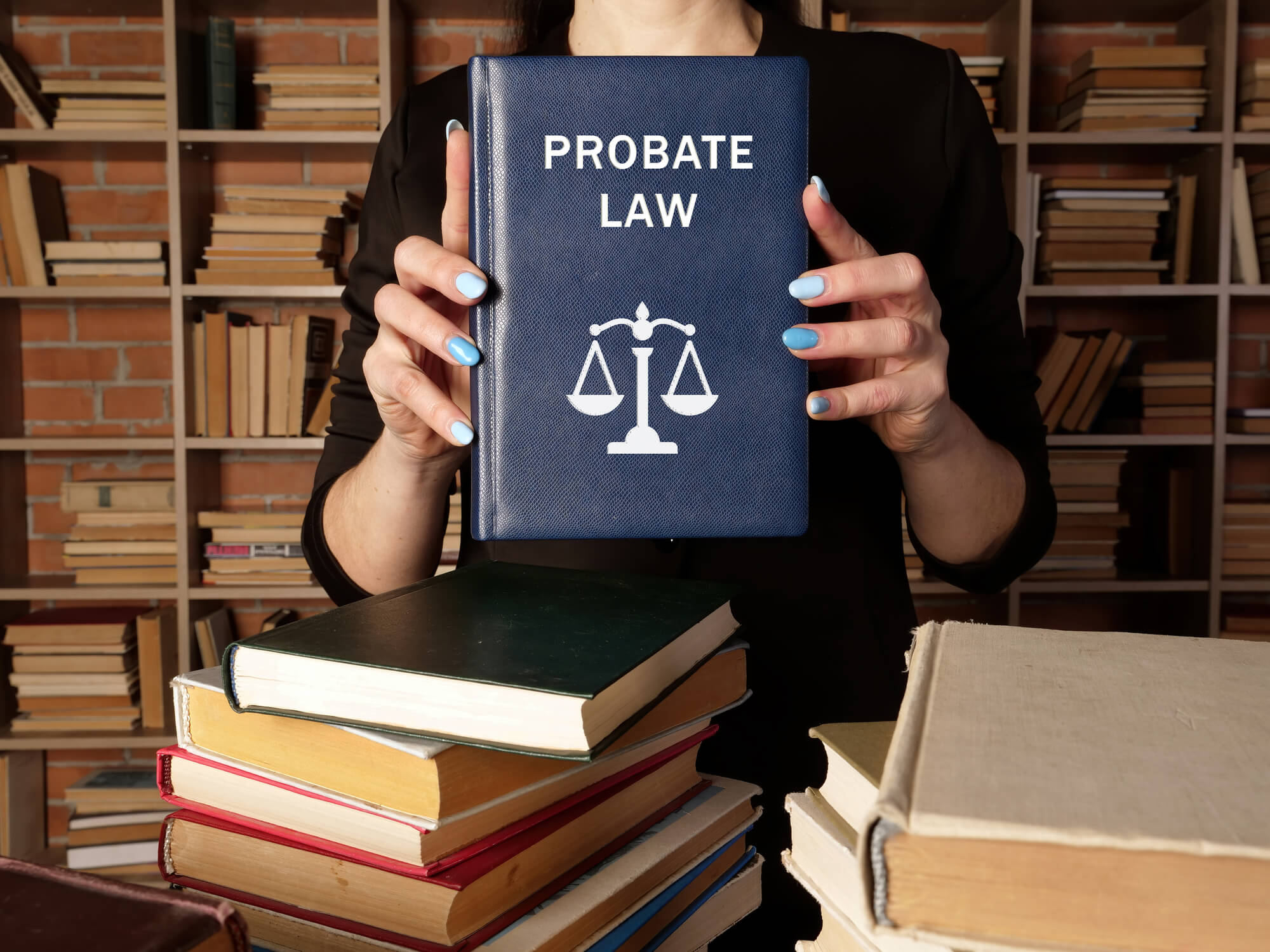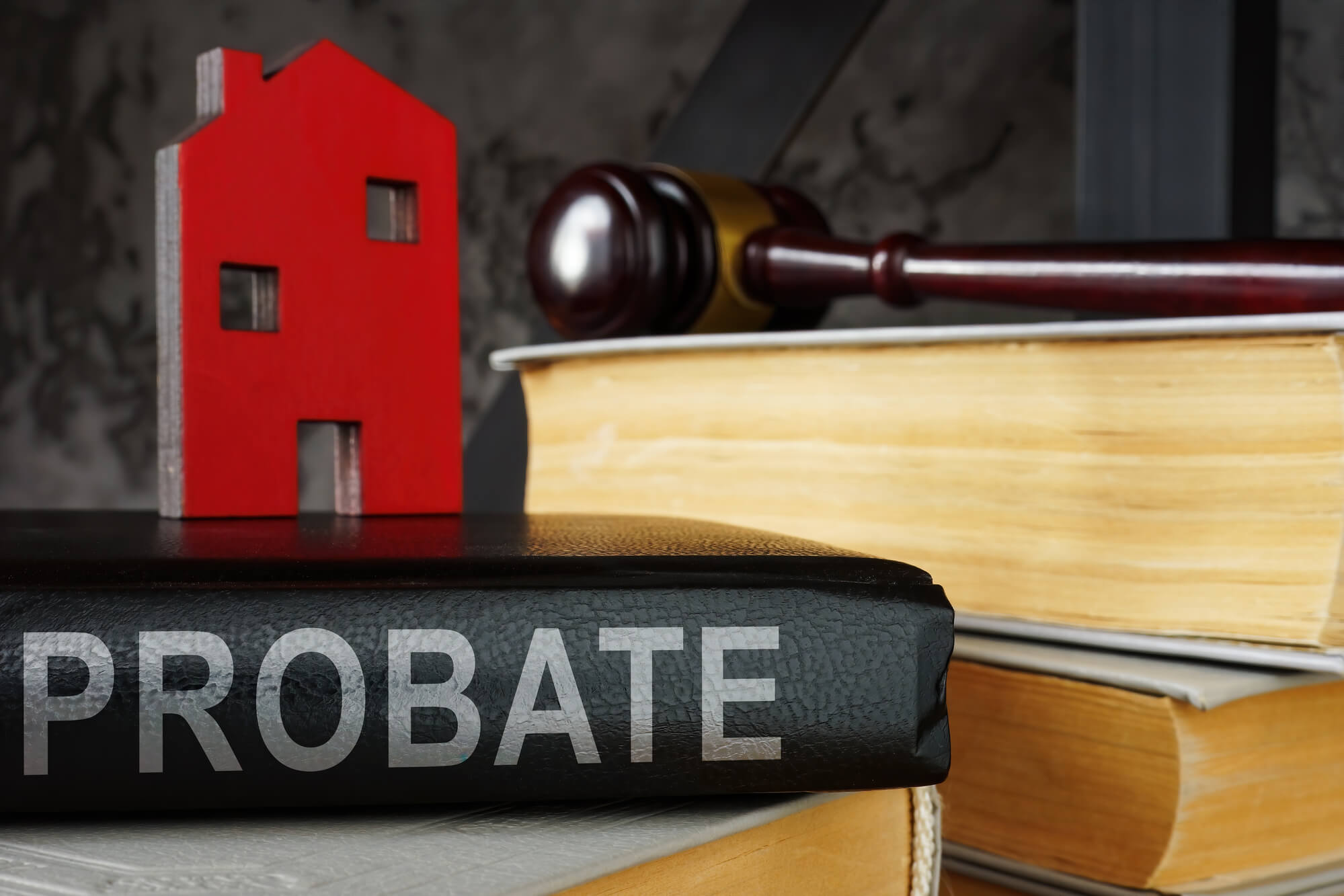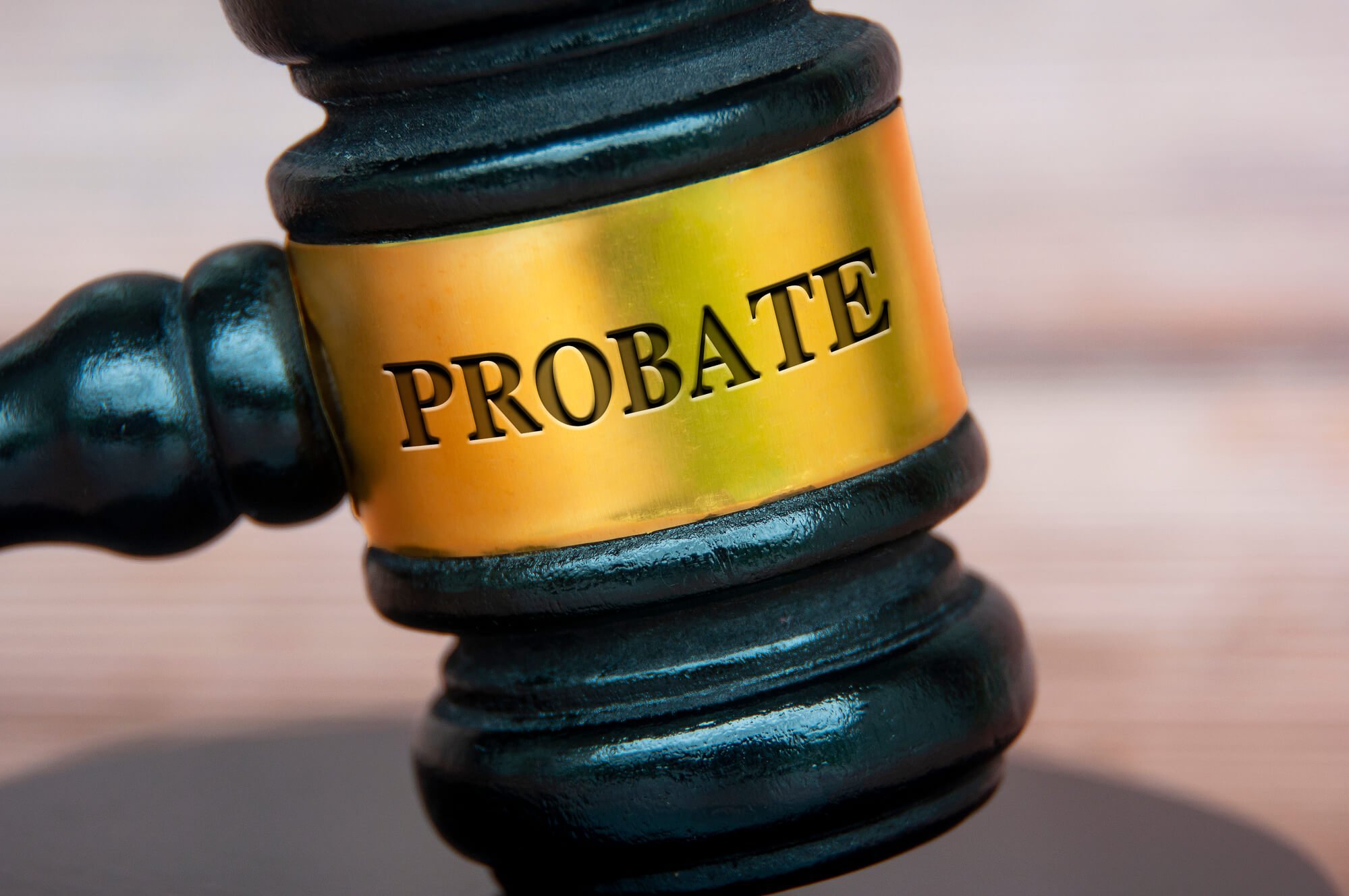It’s always hard to cope with the death of a family member. You need time to recover after a loss and get over it. At the same time, you will face a lot of challenges especially if you have been named a beneficiary in your relative’s will. Inheritance can leave you with a large tax bill. You’ll be able to reduce the tax bill if you inherit estates in the right way.

What is a Deed of Appropriation?
You need to find out what legal rights you have and when you can get your inheritance. Some beneficiaries prefer to use a deed of appropriation.
After someone dies, you may become a beneficiary of the deceased person’s will. That means that you are going to inherit his/her property and other types of estate, including:
- money
- shares
- land
- property
Heirs also have an opportunity to use a deed of appropriation preferring some alternative options instead of cash.
Example 1
Let’s suppose that you are going to inherit £13,000. In this case, you’ll have several options. You may take shares which are worth £5,000 and get the rest in cash. But you can also take cash instead of an asset. It’s all you to you.
Example 2
On the other hand, a person can choose to inherit cash instead of an asset. Let’s say that you are going to get a collection of artwork that’s worth £3,000. You may prefer to take cash instead of an asset.
Financial advisors give their clients recommendations how to inherit property and other assets in the most tax efficient way. Explore all of your options carefully and make the best possible choice. You need to decide what estate and what cash sum you would like to inherit. After that, you have to reach an agreement with other heirs.
When it comes to property appropriation, the final decision has to be made by the executors of the estate. The personal representatives cannot appropriate an asset that’s intended for another beneficiary.
The appropriation of assets has to be confirmed in writing. The beneficiary should sign the so called memorandum of appropriation to reflect his/her complete agreement.
Call now to see how we can help
0207 706 7554
Capital Gains Tax in Probate

According to the probate valuation guide, an heir has to go through the probate process that can be very stressful. It is critical to estimate the value of the estate that is going to be appropriated. The heirs should keep in mind that they are going to inherit the estate at its probate value. Once submitted probate process takes approximately 9 – 12 months to complete.
If you are planning to sell the asset that has been appropriated, you are likely to pay capital gain tax. It usually happens when the value of the asset has increased dramatically since your relative’s date of death.
In some situations, an heir can inherit the estates in the way that allow him/her reduce tax. If you are a beneficiary who appropriates the asset before selling it, remember that in this case the asset can’t be held on behalf of the estate. It can be held on behalf of the beneficiary.
Using a Deed of Appropriation
Property can be sold during the administration of estate. If a property has added in value significantly since the date of death, an heir has to pay the capital gains tax after sale. The taxable gain is calculated to find out how an heir has to pay. Appropriating the estate to the beneficiaries before a sale is an effective way to reduce the capital gains tax liability.
There are some exemptions from the capital gains tax. For example, the tax payable can be lowered when beneficiaries are basic rate tax payers. Beneficiaries involved in charities are not required to pay the capital gains tax as well. Appropriation will make such an exemption possible. It’s a lot easier to reduce capital gains tax liability when several beneficiaries are entitled for residuary estate rather than only one. In this case, the multiple annual tax free allowances are taken into account.
Advice and Guidance on a Using Deed of Appropriation
Valuation plays a very important role in appropriation. It’s necessary to do house contents valuation for probate in the right way. Estate assets have to be estimated by HMRC valuers. If the amount is correct, then the beneficiary will receive the correct share of the estate.
Value of the estate may change over time. If this happens, the rates of tax on gains change as well. That’s why it’s necessary to get a valuation at the right time to get the correct amount. The estate has to be valued at the time of appropriation, but not at the time when the testator died. An appropriation has to be signed before the assets are sold. The beneficiary doesn’t have the right to complain after the appropriation if the value of a property has changed.
The beneficiary has to meet the certain requirements for appropriation and make an arrangement with the personal representatives. The arrangement has to be made in the written form. A signed written agreement can be used later if any questions arise in the future.
A deed of appropriation allows the beneficiary and the personal representatives to reach an agreement in writing. Such an agreement is recorded in the appropriation document.
How a Deed of Variation Can Save Time and Money During Probate

The beneficiaries of the estate may want to change the wills after their loved one died. A deed of variation is an official document that makes it possible to do this in a legal way.
It is some kind of a family arrangement that is made either by the beneficiaries of wills or by people, who want to inherit the estate. The beneficiaries have to reach an agreement before any changes to the wills are made and the administration process begins.
A deed of variation can help relatives of the deceased person’s save time. When people who are going to inherit someone’s estate can reach agreement, the probate process usually takes less time to complete.
People would like to take advantage of variation for different reasons. The main reason is that a deed of variation gives the beneficiaries a chance to lower a tax bill.
Today, the inheritance tax threshold in the UK for 2020 is £325,000. If the estate costs more than £325,000, an heir has to pay the tax. Assets that cost more than £325,000 are taxed at 40%.
There are different ways to reduce a tax bill. Money can be transferred to either other beneficiaries or charities in order to lower the income tax.
The beneficiaries can change the will of a person who died and transfer the money to his/her spouse. The tax threshold increases to £650,000 if the estate is inherited on behalf of the surviving spouse.
If the inheritance costs more than the tax threshold, you can reduce your tax rate with a deed of variation by leaving some money to charity. When money is left to charity, the inheritance tax bill reduces.











